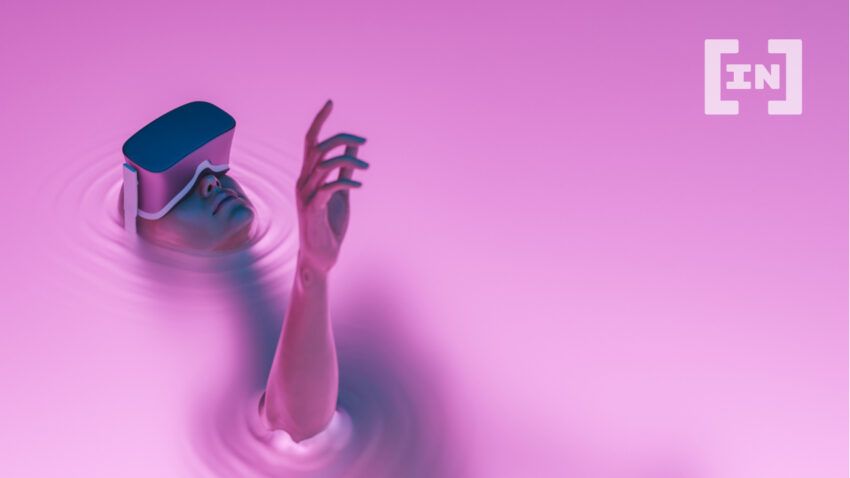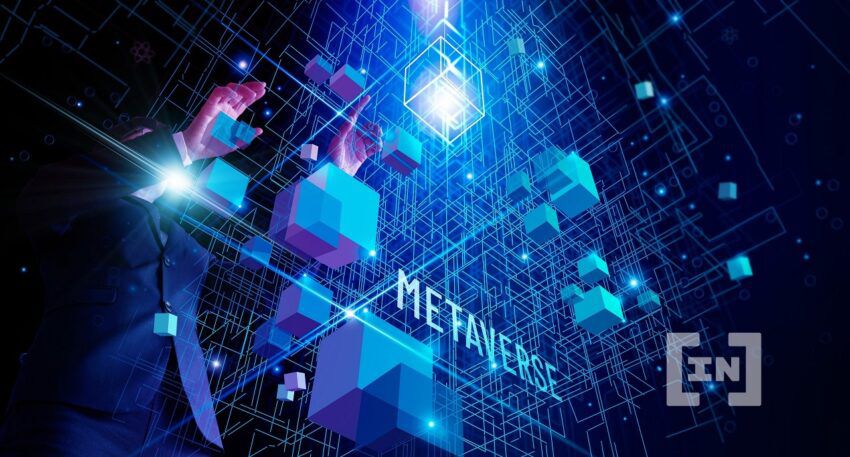Phygital world: Our physical and digital worlds are already merging together into the metaverse, says Ivan Puzyrev
The digital economy is one of the primary growth drivers of the world economy now. The industry could be worth $678.8 billion by 2030.
Humans have always found new technologies to communicate and share information, constantly inventing faster, easier and wider-reaching tools. The latest iteration of this, is the Metaverse, a network of interconnected, interoperable, immersive and persistent virtual spaces.
Phygital world: A total transformation
The Metaverse serves as a home for a new, hyper-connected, cosmopolitan generation of digital creators and their audiences. Digital spaces can have integrated avatars and a decentralized system for spreading values. It can blur the borders between countries and unite several different types of media into a whole-planet infrastructure.
The Metaverse is a digital layer that can replace the “real world” for users. A person can move within and interact with a virtual space, all without touching the real world.
A wide variety of areas use the metaverse to supplement their activities in the physical world: banks and banking systems, real estate, fashion, music, sport as well as marketing, sales and customer support among others.
The Metaverse will be a key part of the entertainment medium going forward. The digital world will boom thanks to Augmented Reality (AR), Virtual Reality (VR), and Mixed Reality (MR).
Thanks to the Metaverse, listening to music or watching sports will be transformed. Very soon we will have the possibility to put on VR goggles that put us right in the middle of the action on the football pitch or on the big stage.
The ideas of simulations, virtual worlds, avatars and an alternative digital reality entered the general discourse thanks to science-fiction works like Ready Player One. The genre was created between the 1980s through the 2000s.
The concept of the Metaverse has its origins in a 1992 novel by Neal Stephenson, called Snow Crash. It described a global virtual world, an evolution of the Internet, accessible in VR. Each user embodies the avatar of his choice to enter the Metaverse at any time. It is a virtual parallel world, a welcome escape in an anxious reality.
Today, the Metaverse is gradually finding its own place in the contemporary culture world.
Phygital world: The laws of the future
With each appearance of a new tool for mass distribution of information, there is a chance to establish a new formula of laws and ethical norms. We can create new rules for communication directed toward a more balanced distribution of resources.
The metaverse needs its own updated rules to unite all participants in the system. These participants include individual users, huge platforms for data processing, and governments.
Here are 7 rules of the Metaverse:
- There is only one metaverse;
- The Metaverse is for everyone;
- Nobody controls the Metaverse;
- The Metaverse is open;
- And, the Metaverse is hardware-independent;
- The Metaverse is a Network;
- The Metaverse is the Internet.
Creators are often ahead of their time, manifesting the human perception of technologies that have yet to achieve mass adoption. There are dystopian and utopian scenarios of technological development being created. And the groundwork for the design of the future metaverse is being laid.

The Future of the physical and the virtual
The metaverse will continue to expand on different kinds of immersive experiences. Today, we bear witness where machines are no longer simple tools of labor. Now, computers and machines are more like gigantic organisms in which we exist, a kind of planetary-scale apparatus.
Even now we can see the potential effects of the metaverse on society and notice that this innovative technology is changing our world.
About the Author
Ivan Puzyrev is a co-founder and CIO of Arhead, Metaverse Ecosystem and community-driven platform to create content, spaces and events in the Metaverse. He is an AR/VR digital strategy expert and researcher focused on spatial computing and city-scale extended reality implication. 10+ years experience of working with international companies on digital products oriented on technology as a tool for interplay between human, information flow and space. Ivan is a speaker for multiple conferences like MWC (Shanghai), AVR360 (London), Future Architect Conference (Moscow) and more.
Got something to say about the phygital world or anything else? Write to us or join the discussion in our Telegram channel. You can also catch us on Tik Tok, Facebook, or Twitter.
Disclaimer
All the information contained on our website is published in good faith and for general information purposes only. Any action the reader takes upon the information found on our website is strictly at their own risk.


